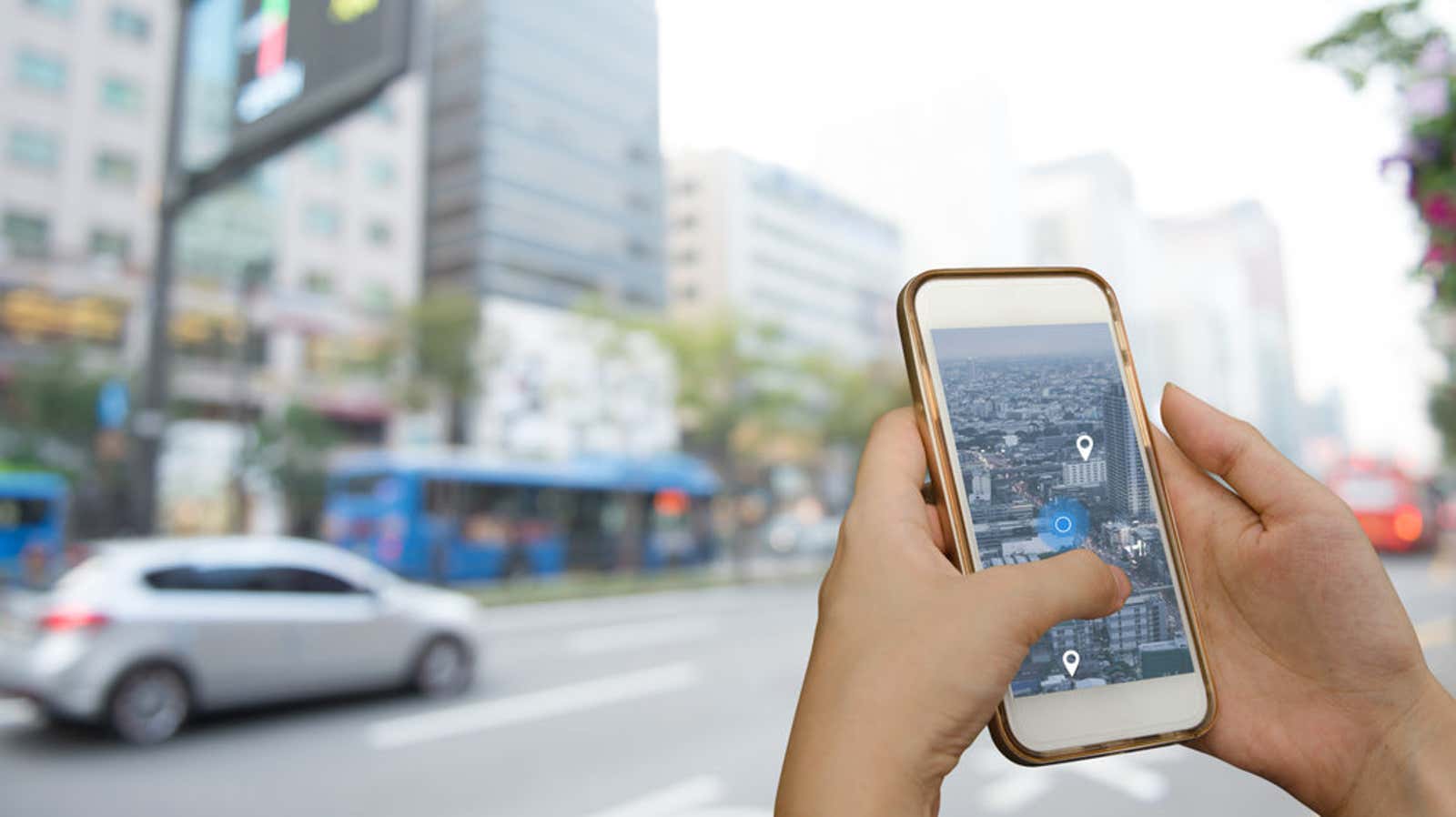Your Location Data Is Not As Anonymous As You Think

We all know that our phones and apps track our locations – and it seems that most of us are resigned to the fact that too much of this data ends up in the hands of companies who want to advertise to us. Problem? Nobody thinks that the data is actually stored, or how anonymous it is not .
According to a recent study by The New York Times , the data collected by the devices, apps, services and websites we use is shared with several private data collection companies, which then feed it into huge databases.
The Times was given access to one such file, which included data on over 12 million devices from 2016 to 2017, representing a total of over 50 billion individual geographic locations surveyed. All of these places can be easily identified on satellite maps, and they include … well, everywhere: celebrity homes, government-guarded sites like the Pentagon, and pretty much every major city or public place you can think of.
Despite the lack of all personally identifiable information, The Times found that a person can still isolate and view data from a single device if you know at least reasonable information about the person. If you have access to one of these files and information about a specific location of someone’s device at a given time, you can get the entire history of the locations of that device. Ouch.
How to prevent tracking of your location data
The full article is well worth the time to read as it explains how this data is collected, how it is available to the employees of these companies, and why it is so often shared with more companies. (Spoiler alert: advertising).
The real issue, however, is how many potential privacy and security issues are built into these giant location history databases. It is easy to imagine scenarios where hackers, stalkers, or even entire political agencies could use this information with malicious intent.
While it will take huge legislation to restrict or otherwise restrict data collection and how location data is used and transmitted, there are a few things you can do to try to minimize the flow of information that you share. Here are some tips to try:
- First and foremost, turn off location tracking on your phone.
- Keep track of which apps are tracking your location (and other data)
- Use desktop and mobile browsers that don’t track your data . Firefox , Brave , Vivaldi , Tor, and Opera collect combat data in a variety of ways.
- Use privacy settings like incognito mode in Google Maps and other apps.
- Check the app’s permissions and deselect anything that seems unnecessary. Don’t be afraid to uninstall apps that are too demanding – for example, the ruler app doesn’t need to track your location.
- Limit ad tracking on your smartphone whenever possible (iOS, Android)
- View and delete any data stored by Google , Facebook , Apple , Amazon or other companies. And improve your social media privacy
- Whenever possible, try to use open source software , websites and services that prioritize decentralization, user privacy, and encryption.
- For those looking for a more radical approach, you can try to leave big companies like Google or Apple behind , although this is easier said than done.